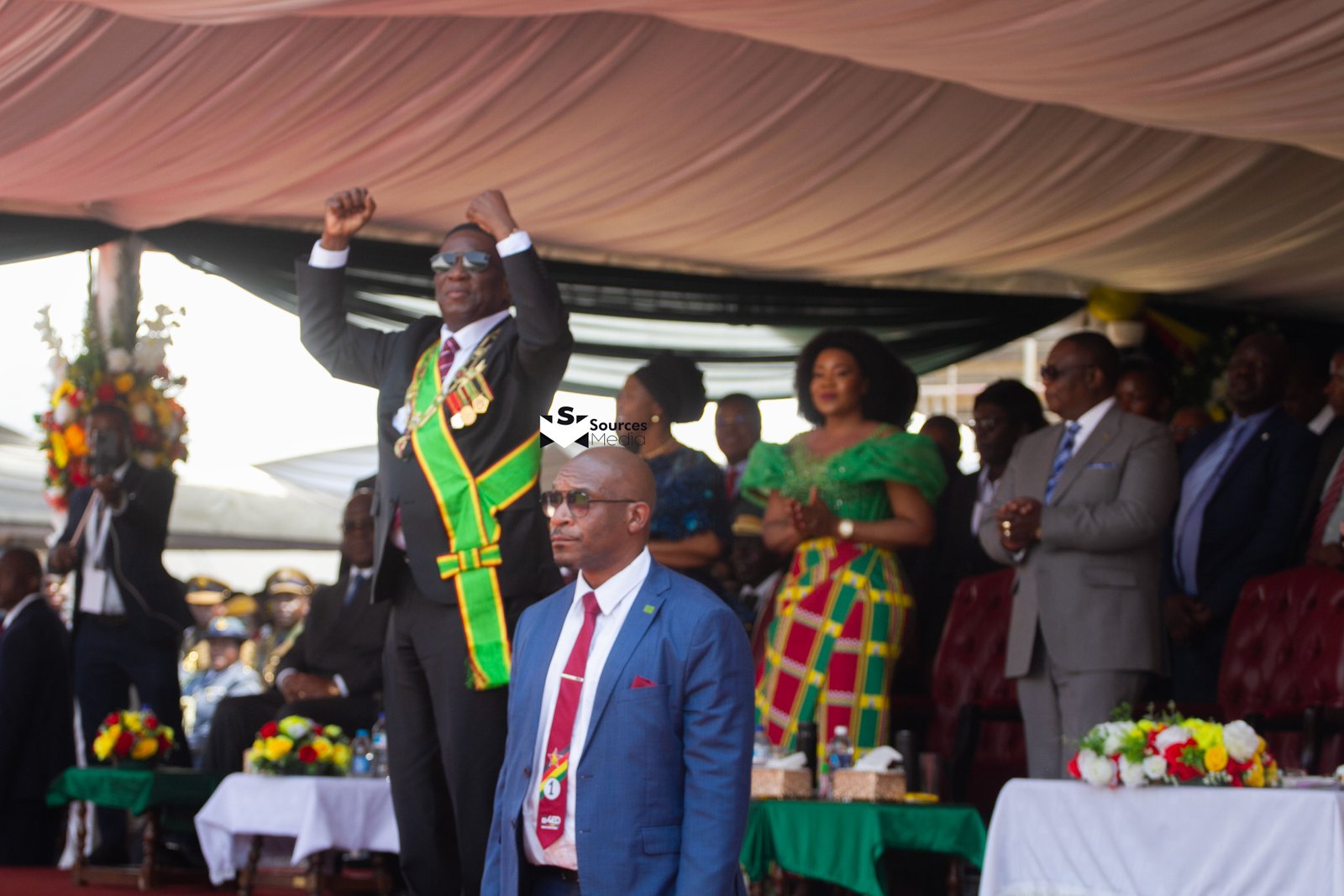
In a strategic move towards advancing Zimbabwe's technological landscape, President Emerson Mnangagwa has officially initiated the second phase of the national rail fibre optic project in Somabhula, underscoring a commitment to bolster connectivity between Zimbabwe and the broader African continent through enhanced broadband services.
Wilson Waison
To drive national socio-economic development through Information and Communication Technologies (ICTs), Zimbabwe has implemented three comprehensive policies: the Reviewed National ICT Policy, the Smart Zimbabwe 2030 Master Plan, and the National Broadband Plan.
Mnangagwa emphasized that the unveiled policies "align with the National Development Strategy, aiming to ensure that all communities gain access to affordable, fast, and secure digital technologies". Recognizing the pivotal role of ICTs in contemporary societies and economies, Mnangagwa stressed the urgency of leveraging these technologies for societal advancement.
The National ICT Policy takes centre stage, providing a guiding framework and developmental priorities for the ICT sub-sector. Its objectives encompass promoting digital literacy, fostering innovation, deploying Artificial Intelligence and Machine Learning, and fortifying the nation's cyber-security measures.
President Mnangagwa commended the government's commitment to formulating these policies, emphasizing the provision of equal opportunities for learners and young entrepreneurs across the nation, regardless of their geographic location
"Youths, whether here in Somabhula, or in Kanyemba, or in Gokwe, or Binga, all have the same opportunities as those in our major cities like Harare and Bulawayo," asserted Mnangagwa.
The Smart Zimbabwe 2030 Masterplan, another cornerstone policy, envisions the nation evolving into a more creative society through the judicious application of technology. Mnangagwa called for a broader utilization of digital technologies, extending beyond social media and entertainment, to address critical sectors such as healthcare, education, and agriculture.
On the continental stage, Zimbabwe earned the nomination to lead the Smart Agriculture Flagship Project under the Smart Africa Alliance. President Mnangagwa emphasized the National Broadband Plan as a testament to his government's commitment to closing the digital gap and ensuring universal access to reliable and high-speed internet connectivity.
While celebrating technological strides, Mnangagwa issued a caution against the misuse of information and communication technologies. He warned against deploying ICTs for promoting self-hate, denigrating the nation, or spreading falsehoods, malicious information, or immoral content. Instead, he urged the responsible use of ICTs to safeguard and promote the nation's identity, unity, love, harmony, peace, development, production, and productivity.
Despite some challenges, Zimbabwe has made some progress in ICT development which has seen an increased broadband penetration and improved digital infrastructure. However, significant gaps remain, there is a huge digital divide, a lack of political will to reform the sector as well as economic constraints due to the unstable economic policies
12th Floor, Fidelity Life Towers 7 Reighly Street,Harare
(263) 776 517 766
admin@sourcesmedia.com